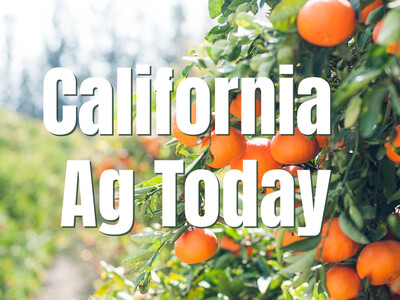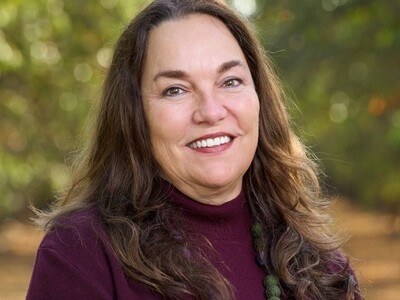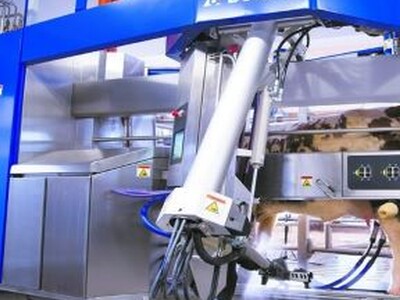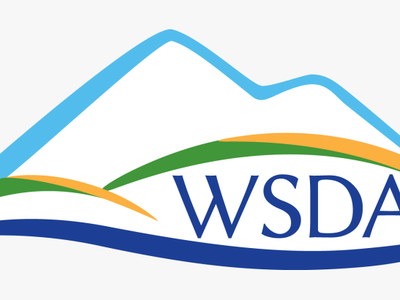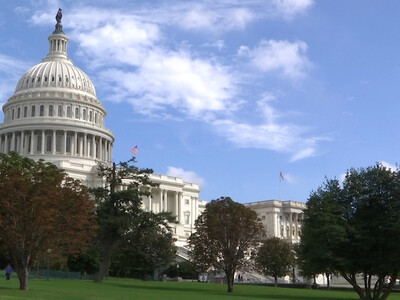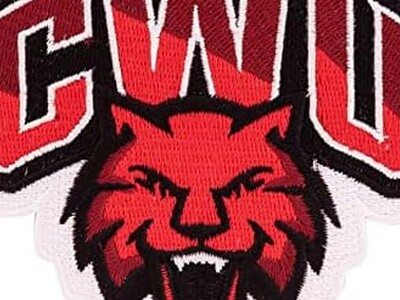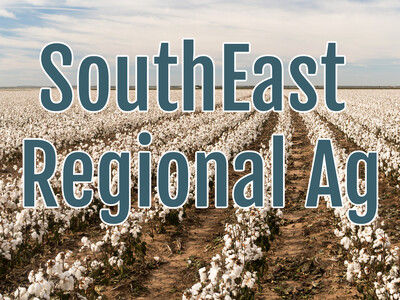Hot Goods Update & Hay Forecast
Hot Goods Update & Hay Forecast plus Food Forethought. I'm Greg Martin with today's Northwest Report.Fallout continues regarding northwest berry growers and other ag producers over the "hot goods" issue. The government is using it as a leveraging tool against employers and Washington Farm Labor Association's Dan Fazio says that's not right.
FAZIO: It seems like the DOL, Department of Labor, seems to think they can seize perishable crops and then use that to leverage farmers to settle without giving the farmers any right to appeal. DOL inspectors, a couple of years ago, forced farmers to sign what amounted to a confession and pay $240-thousand dollars in fines or else DOL was going to direct the shippers not to ship their fresh blueberry crops. In other words, have the crops rot on the shipping docks. Oregon Farm Bureau went to work and the farmers appealed, the courts weighed in, three separate federal judges have told DOL that it was wrong.
Based on October 1, 2014 conditions, production of alfalfa hay in Idaho is forecast up 9 percent from last year. Harvested area is down 40,000 acres from 2013. Yield is expected to be 4.30 tons per acre, up 0.5 ton from 2013. Oregon alfalfa hay production is forecast down 5 percent from last year. Washington alfalfa hay production is expected up 8 percent from last year and production of other hay in Idaho is forecast up 19 percent from last year.
Now with today's Food Forethought, here's Lacy Gray.
It has been said that "the devil is in the details". This has especially been true it seems when it comes to the USDA's original and revised Country of Origin Labeling rule. For the last several years the COOL rule has come under fire from not only the World Trade Organization but numerous agriculture groups here in the U.S.. The WTO ruled that previous labeling practices were unfair to Mexico and Canada, while livestock groups contend that the COOL rule would require "costly and detailed labels on meat products that do not directly advance a substantial government interest". The WTO most recently cited that the USDA has not changed the rule enough - ruling that the mandatory COOL statute still violates U.S. international trade obligations by discriminating against Canadian cattle and pigs, and Mexican cattle, and therefore is illegal. So, where do we go from here? As United States Cattlemen's Association President Danni Beer recently said to Ag Network's Greg Martin, "What we'd have to do is change the way its implemented to not make it discriminatory toward Canada and Mexico products .... It's more in the details of how you implement the program. WTO didn't say don't do it, they said do it in a way that's non-discriminatory."
Thanks Lacy. That's today's Northwest Report. I'm Greg Martin on the Ag Information Network.






